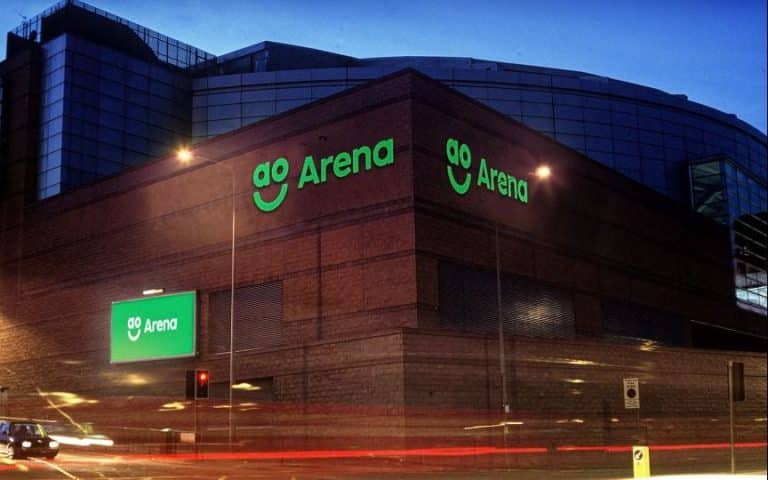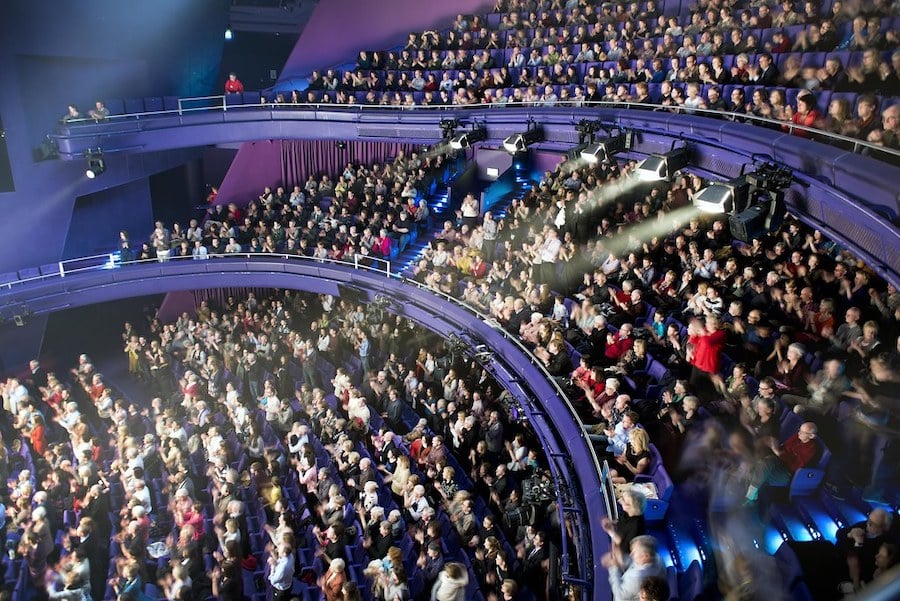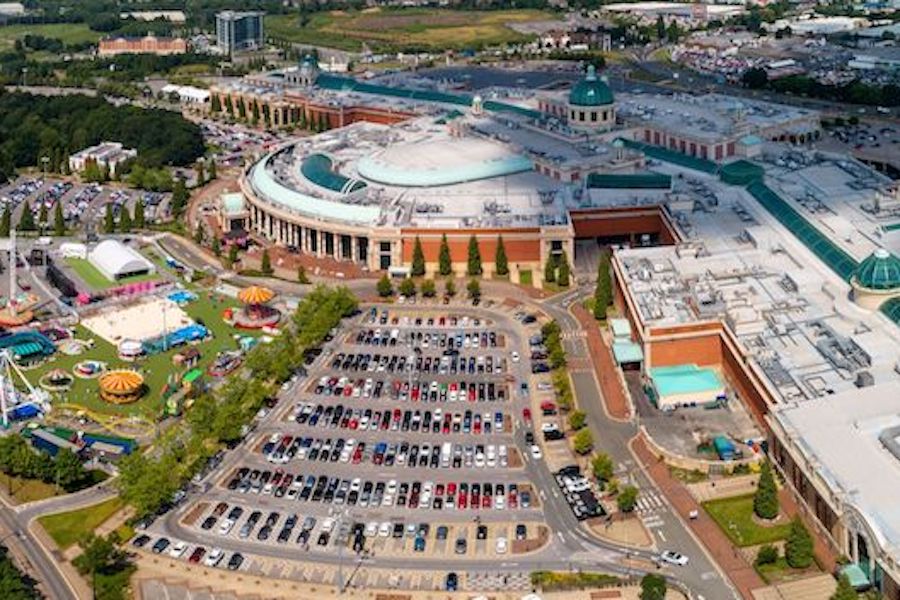New survey puts Manchester City top of world football’s rich list
- Written by I Love MCR
- Last updated 7 years ago
- City of Manchester, Man City, Sport
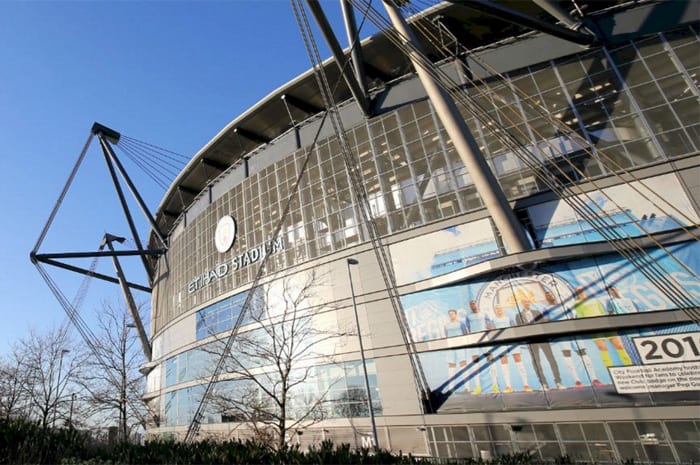
This time last year, Manchester United went top of the Deloitte Football Money League of the world’s richest clubs for the first time since 2003-4, ahead of Real Madrid and Barcelona.
Bayern Munich were in fourth place, with Manchester City climbing to fifth, their highest ever position.
The Deloitte Football Money League is based on football clubs’ revenues and estimated value. But that’s not the only way to determine which clubs are the wealthiest, according to a new report.
By looking at the bigger picture – the value of players, fixed assets, cash reserves, level of debt, and the owners’ potential for investment – a very different picture of the world’s richest clubs emerges.
And it’s one which recognises the challenge of football’s emerging powerhouses to the established elite.
According to the inaugural Soccerex Football Finance 100, the richest club in the world isn’t United, Real Madrid or Barcelona. It’s Manchester City.
The report says that, thanks to the huge investment made by majority owners Abu Dhabi United, City possess one of the most valuable playing squads in world football and valuable fixed assets like the Etihad Campus.
The Premier League’s recent expansion, fuelled by massive broadcast deals, has also contributed to City’s financial strength.
And only PSG and Chinese club Guangzhou Evergrande have owners with a greater capacity for potential investment.
The Soccerex rich list is dominated by clubs owned by billionaire investors, with some honourable exceptions – clubs like Barcelona, Real Madrid and Bayern Munich which are wholly or partly owned by their fans.
And unsurprisingly, it’s the clubs in the top 20 that are dominating the top leagues in Europe – PSG (France), Bayern Munich (Germany), Real Madrid and Barcelona (Spain) and Juventus (Italy).
There are, however, some surprises on the list.
Despite the high value of their players, fixed and cash assets and the wealth potential of their owners, Manchester United are ranked a lowly 7th because of a high level of debt.
Arsenal are ranked second because of their sound business model, which sees them around the top in four of the five key factors on which the ranking is based, whilst also having – unlike United – a relatively low level of debt.
Spanish giants Real Madrid and Barcelona, who are usually at or near the top of most football rich lists, are ranked 6th and 13th respectively. That’s because they are owned by their fans and lack the vast wealth and investment potential of clubs owned by billionnaires.
In the rich list of owners, United’s Glazers are relative paupers with a net worth of a mere 3bn euros compared to Abu Dhabi’s 30bn fortune. But they are by no means the richest. That honour goes to Gazprom, the owners of Zenit St Petersburg, with an estimated net worth of 145bn euros.
The report says heritage counts for little in this new corporatisation of global football.
Huge investments in clubs like City and PSG have created a group of new contenders that have challenged the status quo – not just in their domestic markets, but across Europe.
“Football clubs with rich traditions such as AC Milan, Benfica and Ajax, all of whom have won countless trophies on both the domestic and international stages, can now considered to have less financial strength than clubs like Leicester City, Zenit St Petersburg and RB Leipzig, as well as a number of US and Chinese clubs.
“In most cases, their wealth exceeds their main domestic competitors by some distance, suggesting their reign at the top should be sustained.”
However, the report shows that investment can transform a football club from a perpetual underachiever to a global powerhouse in the space of a few years.
“Football has, effectively, become an asset class to be placed in a portfolio alongside bonds, real estate and equities. Which means the shift from also-ran to trophy-winning behemoth can be achieved in a relatively small timeframe.
“But, like everything else in life these days, the footballing hierarchy can change quickly, so in 12 months’ time, the Soccerex Football Finance 100 could look very different indeed.”
The Soccerex Football Finance 100
- Manchester City
- Arsenal
- PSG
- Guangzhou Evergrande
- Tottenham Hotspur
- Real Madrid
- Manchester United
- Juventus
- Chelsea
- Bayern Munich
- Zenit St Petersburg
- RB Leipzig
- Barcelona
- LA Galaxy
- Atletico Madrid
- Liverpool
- Borussia Dortmund
- Olympique Lyonnais
- Monaco
- Leicester City
- This article was last updated 7 years ago.
- It was first published on 4 January 2018 and is subject to be updated from time to time. Please refresh or return to see the latest version.
Did we miss something? Let us know: [email protected]
Want to be the first to receive all the latest news stories, what’s on and events from the heart of Manchester? Sign up here.
Manchester is a successful city, but many people suffer. I Love Manchester helps raise awareness and funds to help improve the lives and prospects of people across Greater Manchester – and we can’t do it without your help. So please support us with what you can so we can continue to spread the love. Thank you in advance!
An email you’ll love. Subscribe to our newsletter to get the latest news stories delivered direct to your inbox.
Got a story worth sharing?
What’s the story? We are all ears when it comes to positive news and inspiring stories. You can send story ideas to [email protected]
While we can’t guarantee to publish everything, we will always consider any enquiry or idea that promotes:
- Independent new openings
- Human interest
- Not-for-profit organisations
- Community Interest Companies (CiCs) and projects
- Charities and charitable initiatives
- Affordability and offers saving people over 20%
For anything else, don’t hesitate to get in touch with us about advertorials (from £350+VAT) and advertising opportunities: [email protected]

Games, science and history collide at Manchester’s Science and Industry Museum this winter

How Baguley Hall Primary School is nourishing minds with a morning Magic Breakfast

Trafford baby bank delivers £17,000 of Christmas gifts despite closure risk
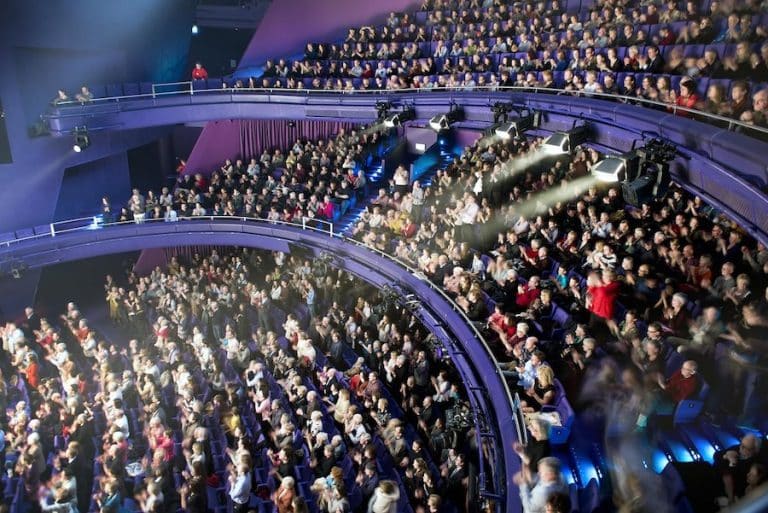
Our writers pick the most outstanding Manchester theatre of 2024

The rise and fall of Manchester’s iconic santas through the decades
